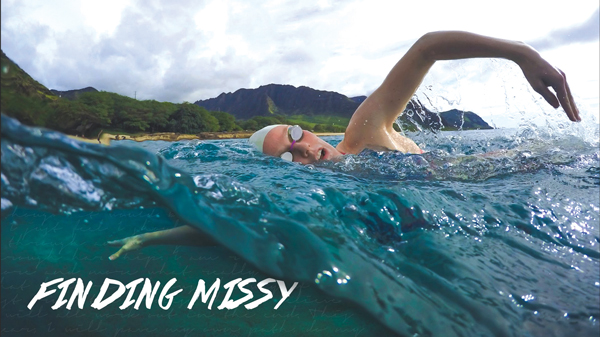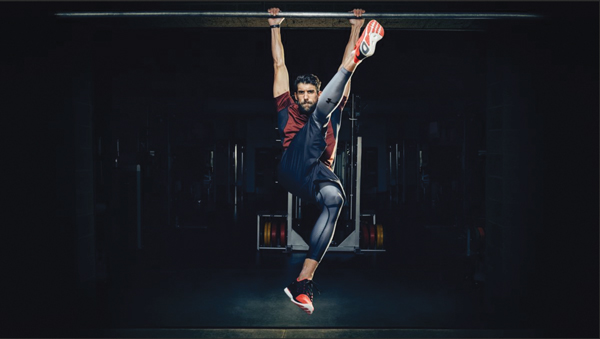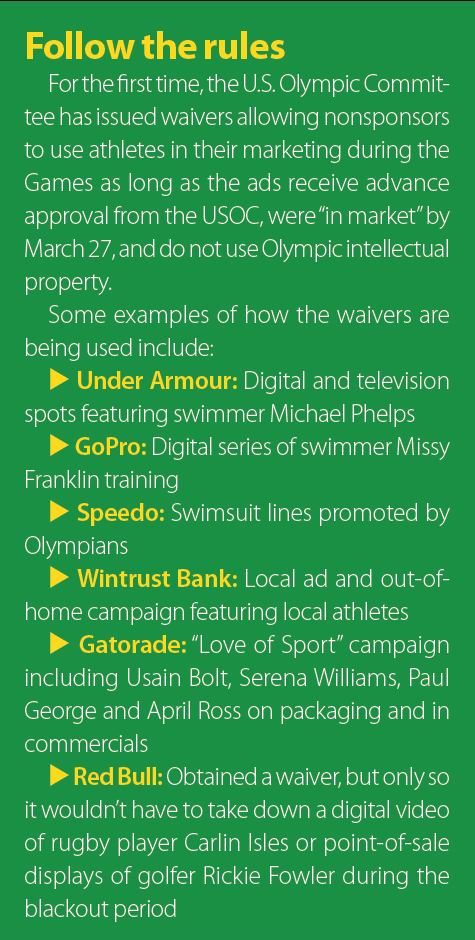Social media will be the flash point for the Olympics’ most dramatic change to its marketing rules in a generation.
For the first time, brands don’t require official Olympic rights to advertise with Olympians during the Games. They just need advance approval from the U.S. Olympic Committee, and cannot mention the Olympics specifically — a condition that complicates an effective indirect association, yet hardly rules it out.
It’s a major policy change for the Games, known for its fierce protection of official sponsors’ exclusivity. But the
early results appear muted with just days left before the Rio Games start.
Only a handful of direct challengers to Olympic sponsors, including Under Armour (Nike) and Gatorade (Powerade), have said they intend to take advantage of the new waivers to run prominent television ads. Many more companies have obtained USOC permission and may move aggressively on social platforms.
Official sponsors are on high alert for campaigns that infringe on their rights. They say the policy could erode the
 |
| GoPro has highlighted swimmer Missy Franklin, while Under Armour has used Michael Phelps (below) in pre-Olympics campaigns. |
value of an Olympic deal at a time when both the USOC and International Olympic Committee have pushed prices higher at the negotiating table. Gatorade, for instance, could comply with the rules and still create confusion that would be damaging to Powerade, which has official Olympic rights through parent company Coca-Cola.
The old rules reserving athlete advertising strictly for rights holders was a unique value offered by the Olympics, said Peter Franklin, group director of worldwide sport and event management for Coca-Cola, an Olympics partner since 1928.
“[The changes] will make the marketing of the official sponsors that much more difficult,” Franklin said. “We’ll see.
Rio will be a good case study for that. That’s a competitive advantage the Olympics have had over some of the other properties, like our football properties, that is less important now than it used to be.”
Social campaigns will generate most of the controversies around the new rules, predicted John Grady, a professor of sports law at the University of South Carolina. Television spots had to be produced far in advance to get approvals, and producers can’t afford to take chances because of their cost.
But armed with a waiver, a brand could flood Twitter or Instagram with posts about their sponsored athletes just as NBC airs their competition, and cash in on the second-screen connection. “They’ll use code words that clue the average user to know they’re referring to the Olympics,” Grady said.
There are limits, though. Nonsponsors had to submit creative elements to the USOC in January for advance approval before getting a waiver, and the USOC only approved generic messages that don’t mention the Games.
Also, they can’t congratulate their athlete for a medal, use particular Olympics-related hashtags, or even report the results. (The USOC says event results are commercial speech, not editorial coverage.)
But enforcing those boundaries in real time, on multiple platforms, will pose a challenge to the USOC and rights holders. Whatever messages may have been approved months ago, an athlete or brand social writer in the midst of the action could go off script.
“Athletes can get a little more aggressive with what they post and test the waters, get a slap on the wrist, and say we didn’t know what was off-limits,” Grady said. “Whereas the brands, it would be harder for them to plead ignorance of the rules, especially for the brand that received waivers and understood what they can and cannot do.”
The rule change’s effect on television advertising is muted for a few reasons.
The waiver system required campaigns to be “in market” by March 27. That term was not precisely defined by the USOC, but it would not permit an abrupt launch of previously undisclosed ads, a USOC spokesman said.
Also, NBCUniversal is required by its IOC rights contract to offer category exclusivity to official USOC or IOC sponsors. For instance, Chicago-area bank Wintrust Bank obtained a waiver from the USOC and plans local spots with its sponsored athletes, but it is boxed out of national television buys on NBC during the Olympics by Citi.
About half of NBC’s $1.2 billion in ad sales to date has come from official sponsors, said Seth Winter, executive vice president of ad sales. Meanwhile, a media-buying source said waiver-holding nonsponsors have been heavy buyers of Twitter’s inventory. Twitter declined to comment.
The USOC has declined to release figures on how many companies applied for or were granted waivers. However, more than 100 showed initial interest, and USOC Chief Executive Officer Scott Blackmun said in March that most requests had been approved.
Peter Carlisle, head of Octagon’s Olympic and action sports division, said the changes are not doing much to accomplish the IOC and USOC’s stated goal of giving athletes more moneymaking opportunities.
The early deadlines for waivers effectively blocked companies without the finances to produce creative so far in advance, and forced those who did to take a chance on signing athletes months before final teams were selected.
MilkPEP and Wintrust are good examples of the latter. MilkPEP received approval for a chocolate milk campaign
using swimmers Tyler Clary and Jessica Hardy, who then both missed the team. Wintrust lost six of its 10 athletes to injury or failure to qualify.
More generally, very few Olympians are famous enough to anchor a major marketing campaign without the Olympic rings. As significant as Under Armour’s rules-compliant Michael Phelps ads may be, not many other brands or athletes could create such a clear Olympics connection without official rights.
“It is not enough, but I acknowledge that it is a step in the right direction,” Carlisle said. “But it’s not really addressing the financial need for the athletes that need it the most. It is such a small percent of Olympic athletes that are given the opportunity of sponsorship. Those that do, the most valuable are going to know that long before they get named to the team. My guess is that it is going to increase activation for the athletes that need the funding the least.”
Olympic marketing veterans said the changes can’t be fully assessed until after Rio. And if a brand has successfully ambushed a Games sponsor while staying within the letter of the law, Grady predicts upheaval.
“If everyone else got a chance to market during the Games when 12 companies paid for those rights, there’s going to be a lot of Monday morning quarterbacking,” Grady said.







